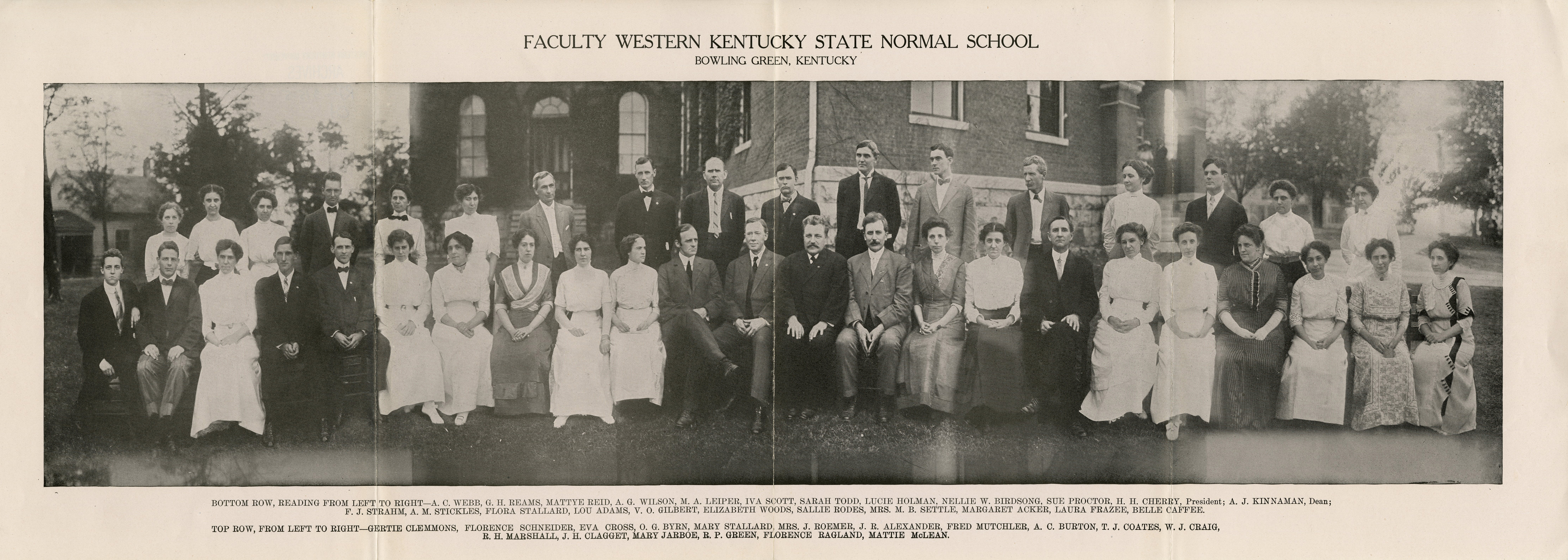Abstract
Grades are an essential university currency, used to determine:
- Scholarships
- Retention
- Graduate school admission
Educators are rarely encouraged to examine their own grading policies.
Traditional grading practices have perpetuated achievement gaps – particularly for our historically underrepresented students
- Learning (competence) takes time – our grading practices should recognize this
- Students should have a clear understanding of the knowledge, skills, values, and/or cognitive/affective processes they are expected to will demonstrate upon completing a lesson/unit/course activities
- Essential to support and promote students’ ownership and investment in their learning – equitable grading practices
Disciplines
Education | Educational Assessment, Evaluation, and Research | Social and Behavioral Sciences
Recommended Citation
Desrosiers, Patricia and Mallinger, Gayle, "Making the Grade: Increasing Inclusivity Through Equitable Evaluation Practices: Poster" (2022). Faculty/Staff Personal Papers. Paper 288.
https://digitalcommons.wku.edu/fac_staff_papers/288
Included in
Educational Assessment, Evaluation, and Research Commons, Social and Behavioral Sciences Commons

